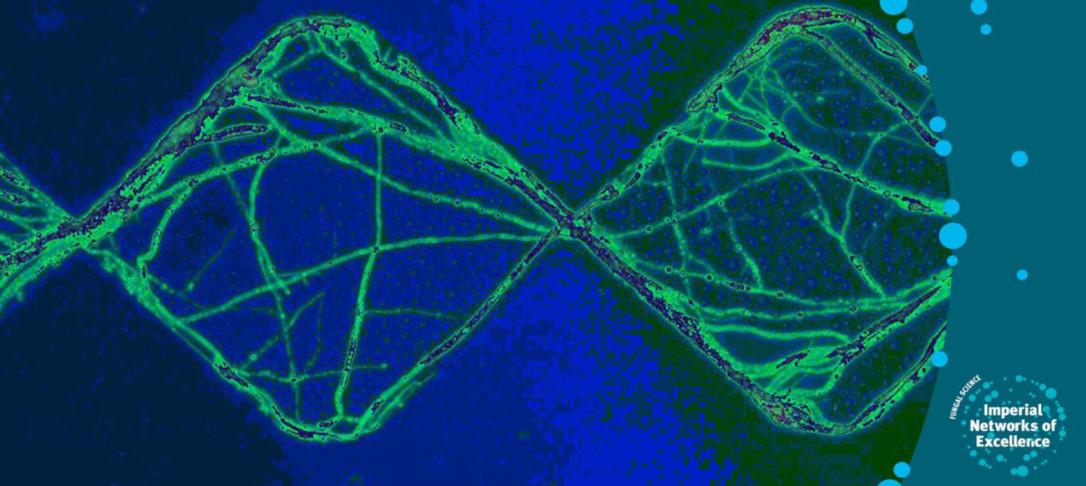
The event is now over/archive…
The Imperial Fungal Science Network is a hub for the mycology community, providing a leadership, advocacy and communications platform for mycologists and a developmental framework for future leaders in fungal research. We welcome you to the Imperial Fungal Science Network – Seminar Series 2025.
Seminar | 11:45– 13:00 on Thursday 13th March
📍G47, Flowers Building, South Kensington Campus, London SW7 2AZ find us at Map/3A
- In-person or join online (via Teams)
- No registration required
- This is a hybrid event to ensure that our non-London members/audience can join for the talks remotely; if you are joining us via the Teams link, please be aware that your email contact may show up to other meeting attendees, please join using an organisation email contact where possible, thanks.
Scientific Program
11:45/Arrivals & refreshments (tea/coffee)
11.55/Teams link opens for online attendees
12:00 – 13:00
Introductions & Network overview (Prof. Darius Armstrong-James)
Talks:
Dr Sonja Billerbeck (Department of Bioengineering, Imperial College London)
The yeast toxicome and its potential for the control of fungal pathogens and spoilers
Ascomycete yeasts have evolved a large set of small protein toxins, so-called yeast killer toxins, to compete against fungi in the environment. Previous research revealed that these toxins exhibit diverse modes of action, thus, indicating that the yeast toxicome might constitute a rich source of functionally diverse but yet-untapped antifungals. In my talk I will exemplify my group’s research on the molecular functioning of these yeast-derived toxins, their modularity and engineerability towards applications in food, agriculture and human health, and as tools for synthetic biology.
Dr Laura Martinez-Suz (Ecosystem Stewardship, Royal Botanic Gardens Kew)
Bringing fungi into the UK Natural Capital and Ecosystem Assessment programme
Within the last decade, mycorrhizas have been unearthed as key players in terrestrial carbon sequestration, a major ecosystem service increasingly at risk. We are currently filling gaps in our knowledge of the diversity, abundance and influence of different mycorrhizal fungi across ecosystems belowground.
13:00/Close
—
Researchers interested in the Network can find more information and join the Network via the dedicated website / Follow us @ImperialFungal